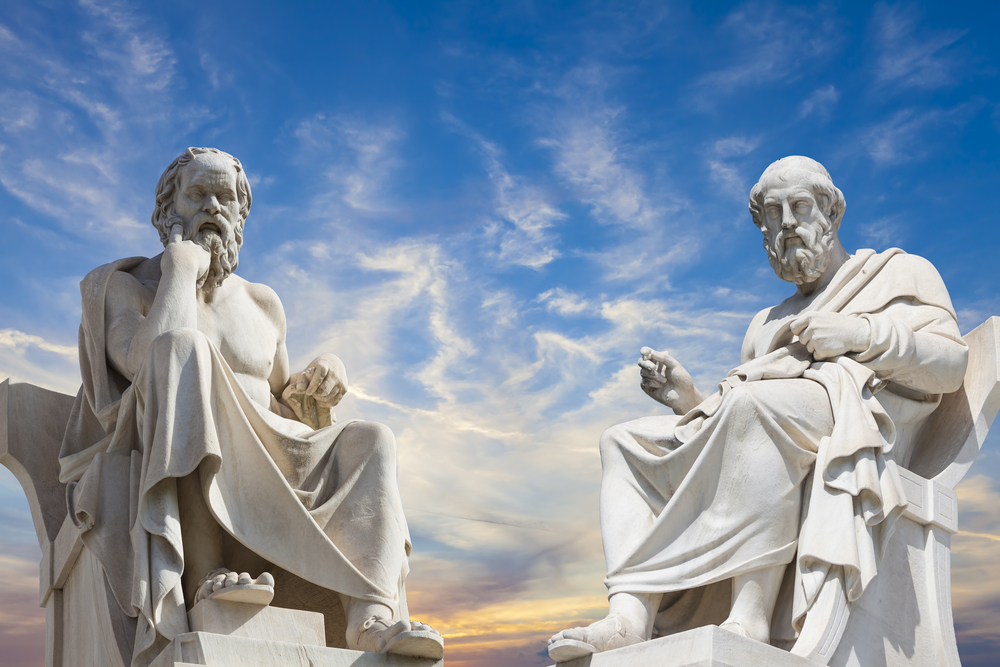Ancient Greek philosophers believed it was to “Know thyself,” in Shakespeare it was “To thine own self be true” (Polonius, Hamlet). Authenticity has been discussed for many centuries, long before the creation of modern day leadership theories. Authenticity has withstood the test of time and is now the latest ‘fad’ in the realm of leadership studies.
Let’s begin with how we define authentic leadership. Ask any individual to define the word ‘authentic,’ you may get responses such as ‘genuine,’ ‘speaking your truth,’ and perhaps ‘being honest.’ These appear to be relatively simple definitions, so should good leaders just be honest about everything, regardless of the outcome? Limiting the definition of a great leader to a one-dimensional definition such as ‘being honest’ drastically over simplifies the journey to becoming an effective leader. Great leaders are far from one-dimensional, so what makes us think we can use one-dimensional definitions to define their characteristics?
In the midst of morally corrupt and dysfunctional leaders, authentic leadership research has brought about a change in how effective leaders are defined and developed. More leaders desire a meaningful approach to how they serve, inspire, and guide their organization. I’ve heard several leaders ask “I want to be an authentic leader, what book should I read?” If only it was that simple! Prescribing a book about authentic leadership is a temporary and useless remedy for an ethically corrupt leader. A leader desiring sustainable success should be aware that long term success will not come with a ‘quick-fix’ approach. After all, sometimes the fastest way isn’t always the best way.
Authenticity calls for the ‘true self’ to be exposed, but leaders I’ve known to be blatantly honest and fully open about their feelings were a far cry from authentic. Such behaviors often result in poor relationships, mistrust, and even the collapse of an organization. Developing and emanating a fixed self-concept can make leaders appear inflexible when drastic organizational changes are required. Authentic leaders avoid a rigid style of leadership, they are willing to adapt to evolving situations and circumstances.
In addition, the world of business is becoming much more global, where interactions occur regularly with individuals of different cultural norms and beliefs. If a leader constantly exerts her own opinions, beliefs, and values on followers she appears more as a dictator and less as an authentic leader. How a leader chooses to interpret authentic leadership will potentially make or break her image.
While theorists and leadership researchers have created multiple definitions of authentic leadership; most agree authentic leaders’ posses the following four characteristics:
1. Self-Awareness. The authentic leader develops a clear understanding of her strengths, weaknesses, and emotions. The keyword here is weaknesses, by acknowledging their limitations they often find methods for overcoming them. Building self-awareness is a continuous journey as life events and circumstances alter one’s self-concept.
2. Relational Transparency. Authentic Leaders are open and forthcoming in their interactions with others; unafraid to be vulnerable.
3. Balanced Processing. Authentic Leaders are able to hear and consider numerous perspectives during a decision making process.
4. Internalized Moral Perspective. Authentic leaders possess a strong moral compass, with values and beliefs that are not easily influenced by outside pressures.
Authentic leaders are dedicated to building lasting relationships. They make connections with the help of empathy and build trust through vulnerability. This statement does not infer that authentic leaders portray themselves as ‘weak’ or ‘soft,’ they are in fact direct in their communication when required. Directness is often crucial to success of the individual and the organization. Nevertheless, the trait of empathy is often utilized when authentic leaders choose to be straightforward with followers and colleagues. This style of leadership is far from a ‘may way or the highway’ approach, because authentic leaders think collaboratively and create a safe environment that encourages others to share diverse viewpoints. They take satisfaction in empowering and inspiring their followers. Fundamentally, authentic leaders’ actions elicit hope, trust, and positive emotions in followers.
Although we’ve established it is not a ‘quick fix’ approach, the development of authentic leadership extinguishes the idea that leaders are born with innate qualities, traits, and characteristics. Authentic leaders are not just born; they develop through a lifetime of self-reflection and self-awareness. Authentic leadership gives hope to individuals at any stage of their careers or lifespans. It is never too late to become an authentic leader, it is however a fallacy to think such skills can be achieved quickly and without continuous, life long effort.




